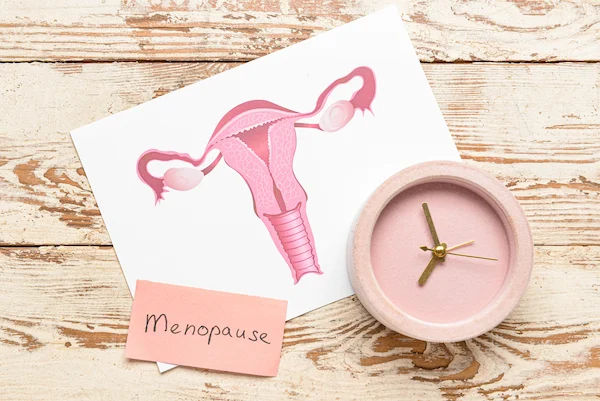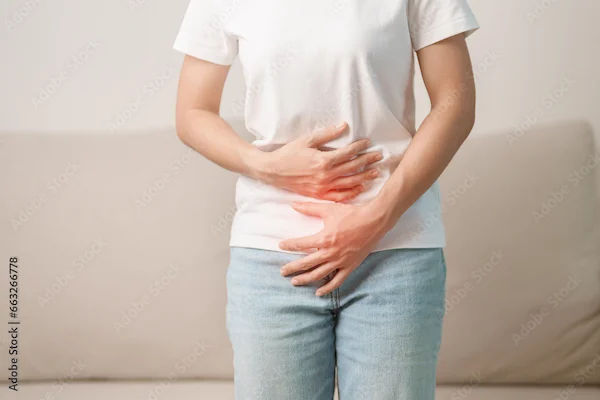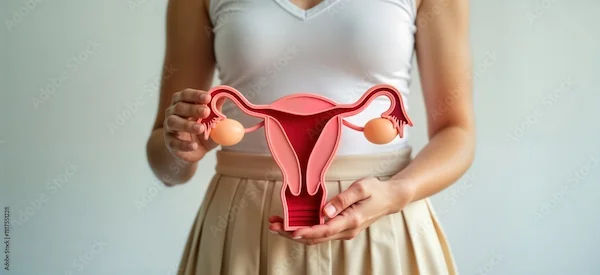What Supplements Should I Take After A Partial Hysterectomy?
Discover essential supplements to support recovery and long-term health after a partial hysterectomy, including calcium, vitamin D, omega-3s, and more.

Written by
Last updated on 3rd Jul, 2025
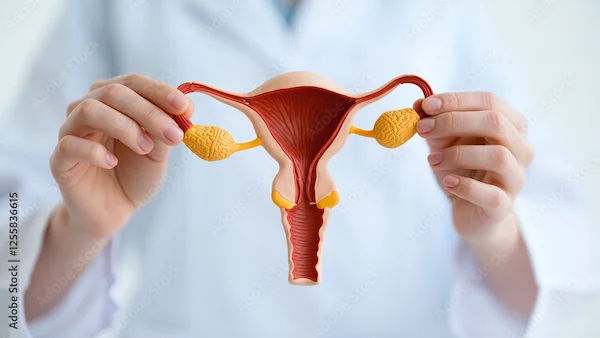
Introduction
A partial hysterectomy is a surgical procedure where the uterus is removed, but the ovaries are left intact. While this surgery can relieve certain health issues, it may also lead to nutritional deficiencies or hormonal changes that can affect your overall well-being. Taking the right supplements can help support your recovery and maintain long-term health.
Why Are Supplements Important After a Partial Hysterectomy?
Even though your ovaries remain, hormonal fluctuations can still occur, affecting bone health, energy levels, and overall wellness. Additionally, surgery and recovery can deplete essential nutrients. Supplements can help:
Support healing: Aid tissue repair and reduce inflammation
Maintain bone strength: Prevent bone loss due to hormonal changes
Boost energy and mood: Combat fatigue and mood swings
Strengthen immunity: Help your body recover faster
To Know What Supplements To Take, Consult Top Gynaecologists
Essential Supplements to Consider
1. Calcium & Vitamin D
Why: Even with ovaries intact, hormonal shifts can affect bone density. Calcium and Vitamin D work together to maintain strong bones
Recommended Dosage:
Calcium: 1,000–1,200 mg per day (from diet + supplements)
Vitamin D: 600–800 IU daily (or more if deficient)
Food Sources: Dairy, leafy greens, fortified foods, fatty fish
2. Magnesium
Why? Helps with muscle relaxation, sleep, and bone health. It also supports energy production
Recommended Dosage: 300–400 mg per day
Food Sources: Nuts, seeds, whole grains, dark chocolate
3. Iron
Why: If you had heavy bleeding before surgery, you might be iron-deficient, leading to fatigue and weakness
Recommended Dosage: Only take if blood tests confirm deficiency (usually 18 mg/day for women)
Food Sources: Lean meats, spinach, lentils, fortified cereals
4. Omega-3 Fatty Acids
Why: Reduces inflammation, supports heart health, and may help with mood swings
Recommended Dosage: 1,000–2,000 mg of combined EPA + DHA daily
Food Sources: Fatty fish (salmon, sardines), flaxseeds, walnuts
5. Probiotics
Why: Surgery and antibiotics (if prescribed) can disrupt gut health. Probiotics help restore good bacteria and improve digestion
Recommended Dosage: 1–10 billion CFUs daily (check strain-specific benefits)
Food Sources: Yogurt, kefir, kimchi, sauerkraut
6. B Vitamins (Especially B12 & Folate)
Why: Support energy levels, nerve function, and red blood cell production
Recommended Dosage:
B12: 2.4 mcg daily (higher if deficient)
Folate (B9): 400 mcg daily
Food Sources: Eggs, lean meats, leafy greens, legumes
7. Vitamin C & Zinc
Why: Aid wound healing and immune function
Recommended Dosage:
Vitamin C: 500–1,000 mg daily
Zinc: 8–11 mg daily
Food Sources: Citrus fruits, bell peppers, nuts, seeds
Lifestyle Tips for Better Recovery
Healthy habits are just as important as supplements during your recovery.
Eat a Balanced Diet: Focus on whole foods rich in vitamins, minerals, and protein to aid healing
Stay Hydrated: Water helps with digestion, circulation, and detoxification
Gentle Exercise: Walking and light stretching can improve circulation and mood
Prioritise Sleep: Rest is crucial for recovery
Manage Stress: Yoga, meditation, or deep breathing can help with emotional well-being
When to Consult a Doctor
While supplements can be helpful, it’s best to:
Get blood tests to check for deficiencies
Avoid self-prescribing high doses without medical advice
Discuss any new supplements with your doctor, especially if you take other medications
If you're unsure about which supplements are right for you, consider booking a consultation with a specialist through Apollo 24|7 for personalised advice.
Conclusion
Recovering from a partial hysterectomy requires patience and proper nutrition. Supplements can play a supportive role in healing and maintaining long-term health, but they should complement—not replace—a healthy diet and lifestyle. Always consult your healthcare provider before starting any new supplement regimen.
Consult Top Gynaecologists
To Know What Supplements To Take, Consult Top Gynaecologists

Dr. Veena H
Obstetrician and Gynaecologist
16 Years • MBBS DGO
Bangalore
Apollo 24|7 Clinic - Karnataka, Bangalore

Dr Swatika Kumari
Obstetrician and Gynaecologist
19 Years • MBBS, DGO, DNB Obstetrics & Gynaecology
Nashik
Apollo 24|7 Clinic - Maharashtra, Nashik

Dr. Priyanka Surisetty
Obstetrician and Gynaecologist
8 Years • MBBS, DGO
Visakhapatnam
Apollo 24|7 Clinic - Andhra Pradesh, Visakhapatnam
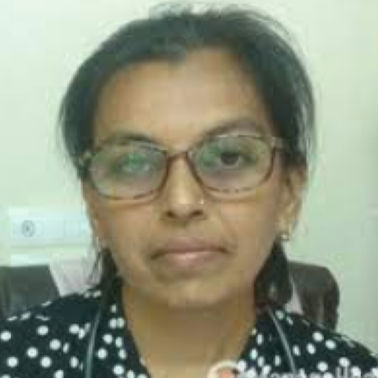
Dr. Mona Yadav
Obstetrician and Gynaecologist
19 Years • MBBS, MD (Obstetrics & Gynaecology)
Dombivli
Nulife multispeciality, Dombivli

Dr. Asha Rani Singh
Obstetrician and Gynaecologist
24 Years • MBBS DGO
Delhi
Dr Asha Rani Singh Clinic, Delhi
Consult Top Gynaecologists

Dr. Veena H
Obstetrician and Gynaecologist
16 Years • MBBS DGO
Bangalore
Apollo 24|7 Clinic - Karnataka, Bangalore

Dr Swatika Kumari
Obstetrician and Gynaecologist
19 Years • MBBS, DGO, DNB Obstetrics & Gynaecology
Nashik
Apollo 24|7 Clinic - Maharashtra, Nashik

Dr. Priyanka Surisetty
Obstetrician and Gynaecologist
8 Years • MBBS, DGO
Visakhapatnam
Apollo 24|7 Clinic - Andhra Pradesh, Visakhapatnam

Dr. Mona Yadav
Obstetrician and Gynaecologist
19 Years • MBBS, MD (Obstetrics & Gynaecology)
Dombivli
Nulife multispeciality, Dombivli

Dr. Asha Rani Singh
Obstetrician and Gynaecologist
24 Years • MBBS DGO
Delhi
Dr Asha Rani Singh Clinic, Delhi
